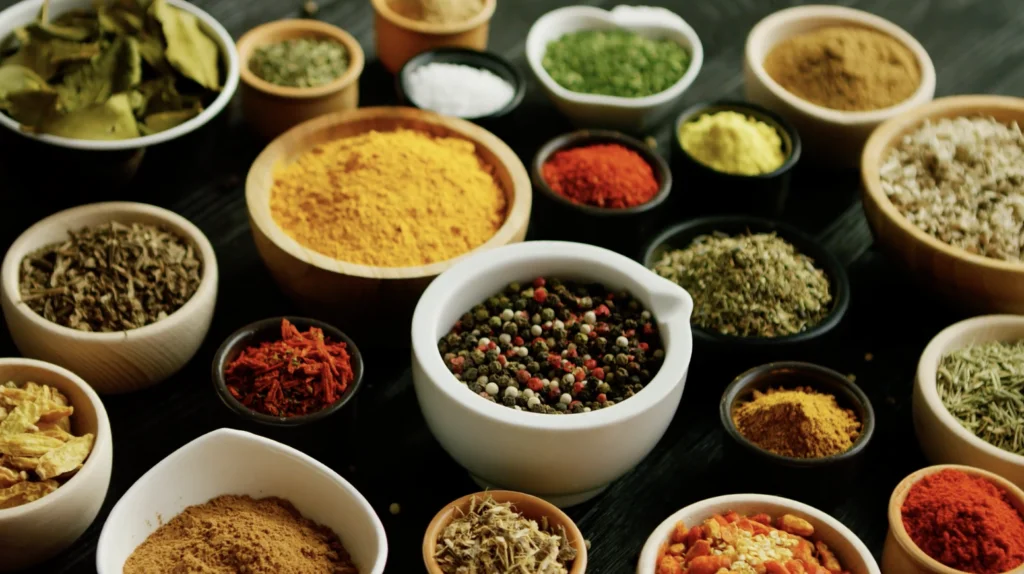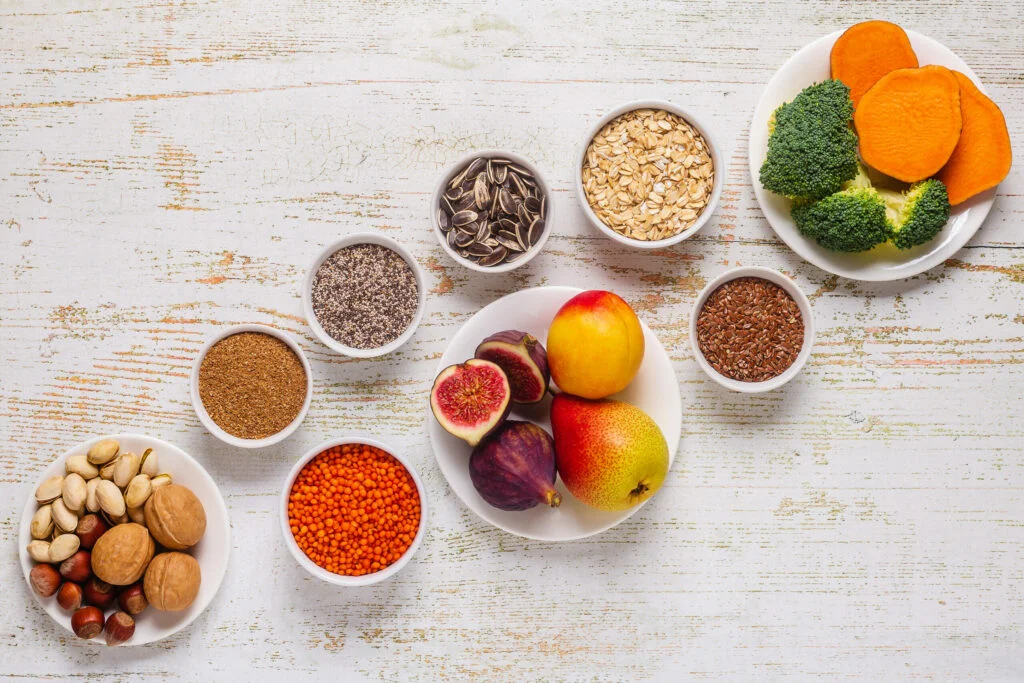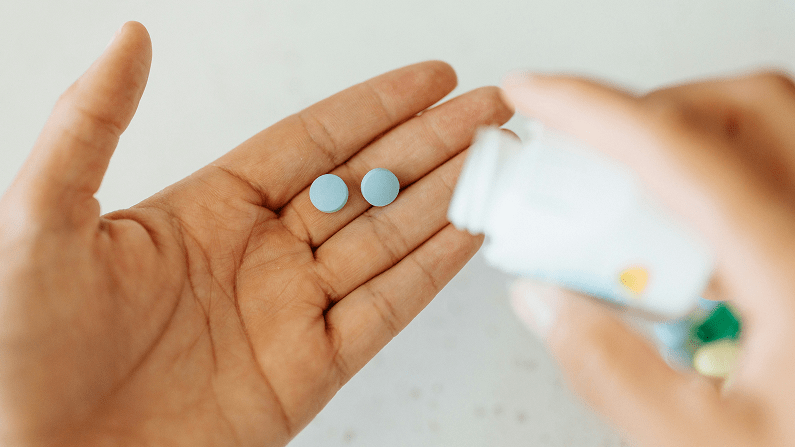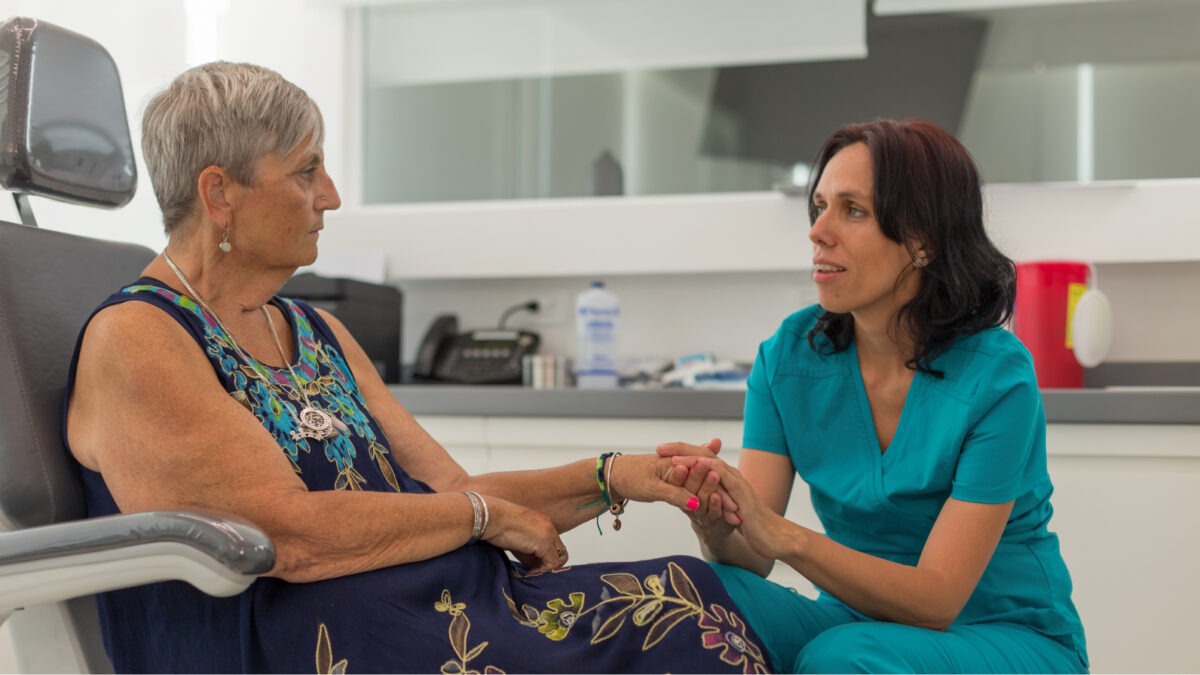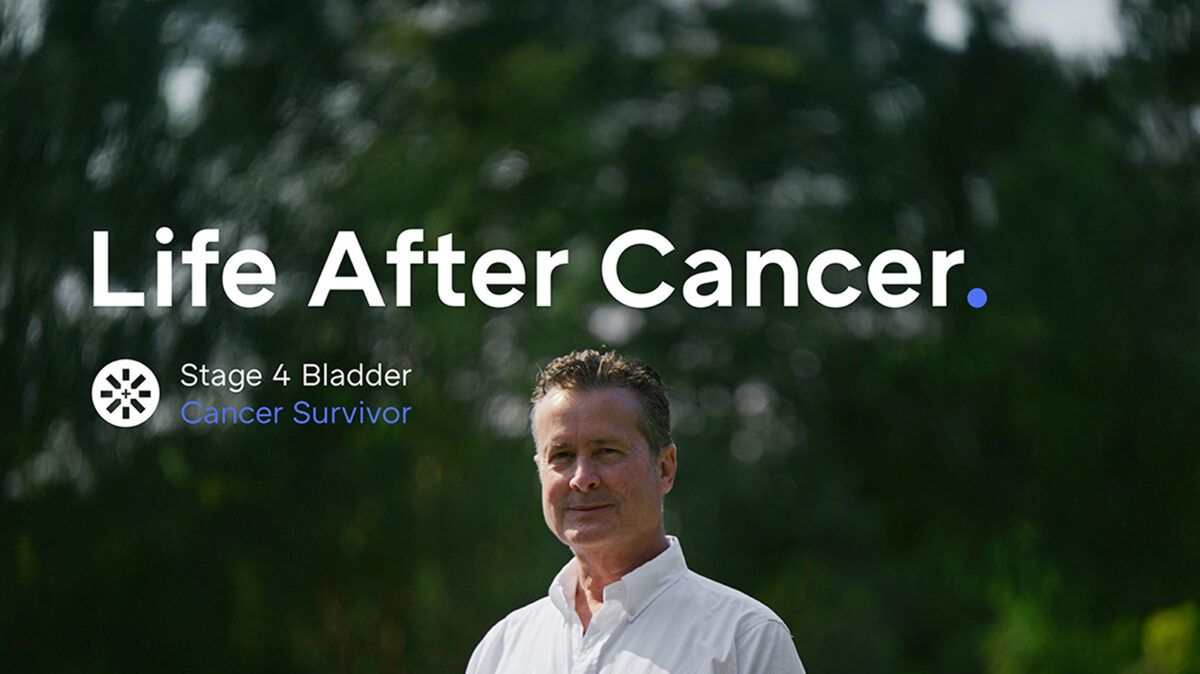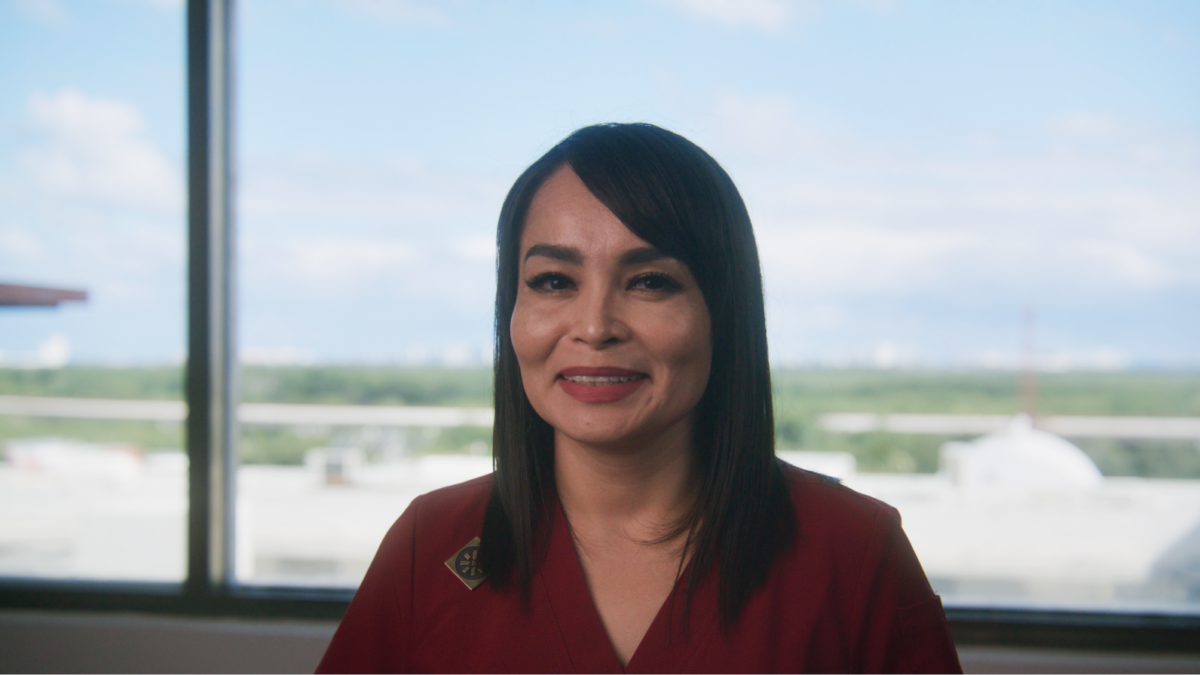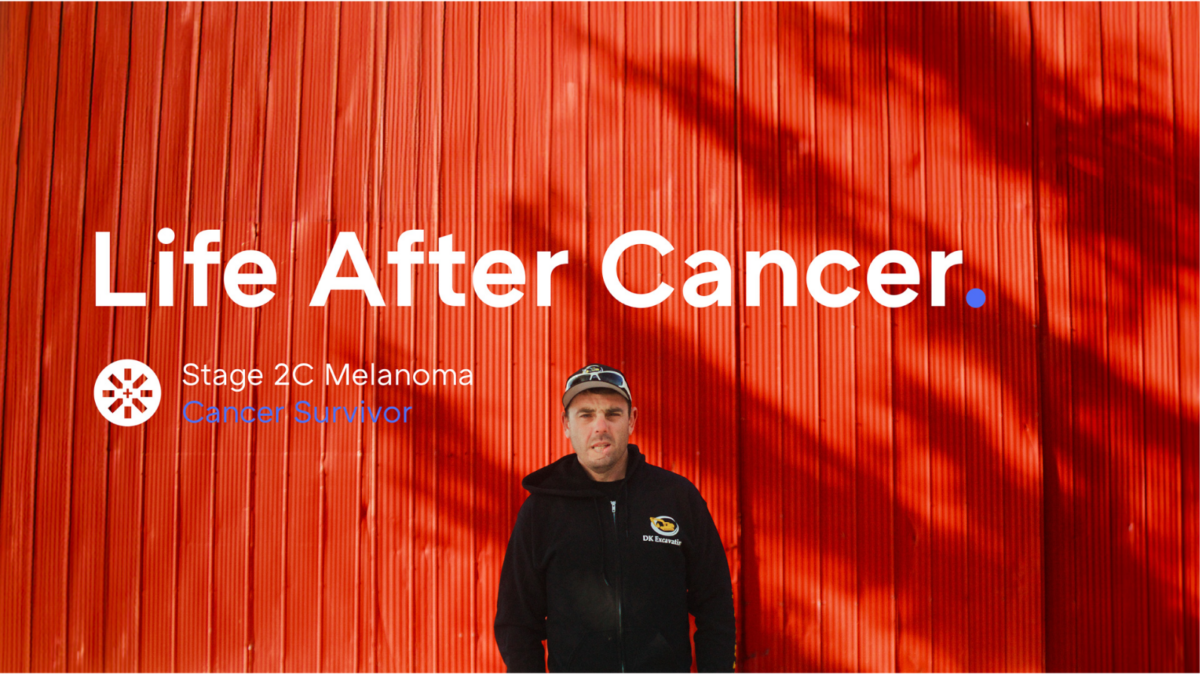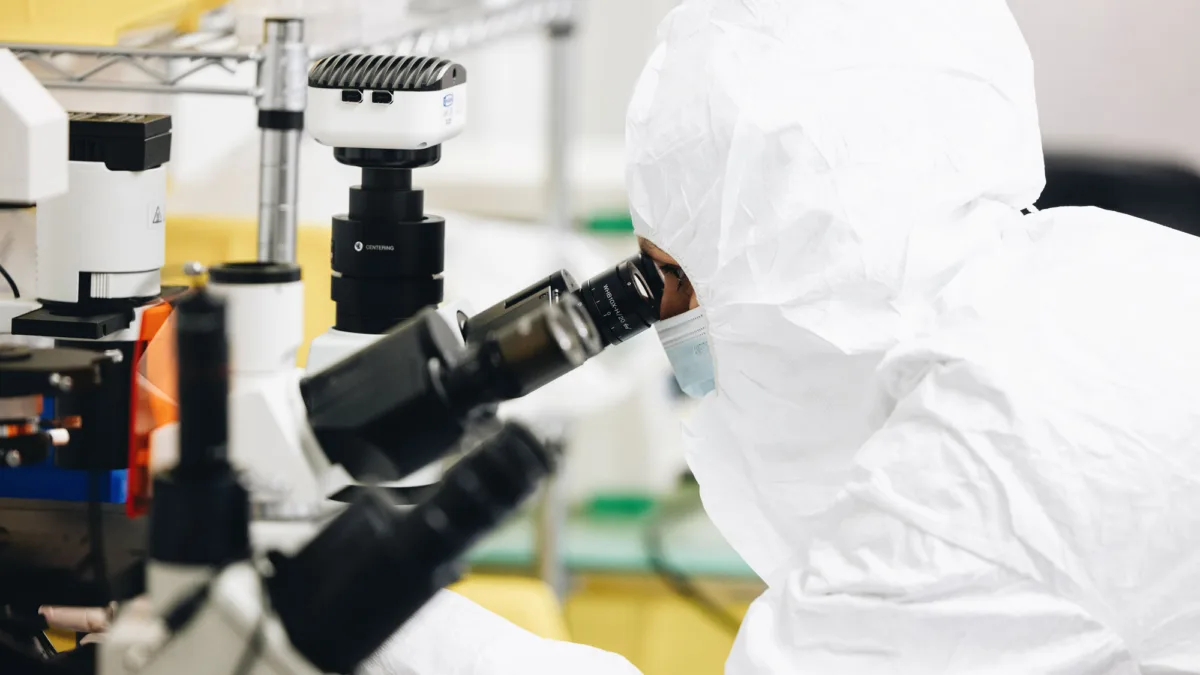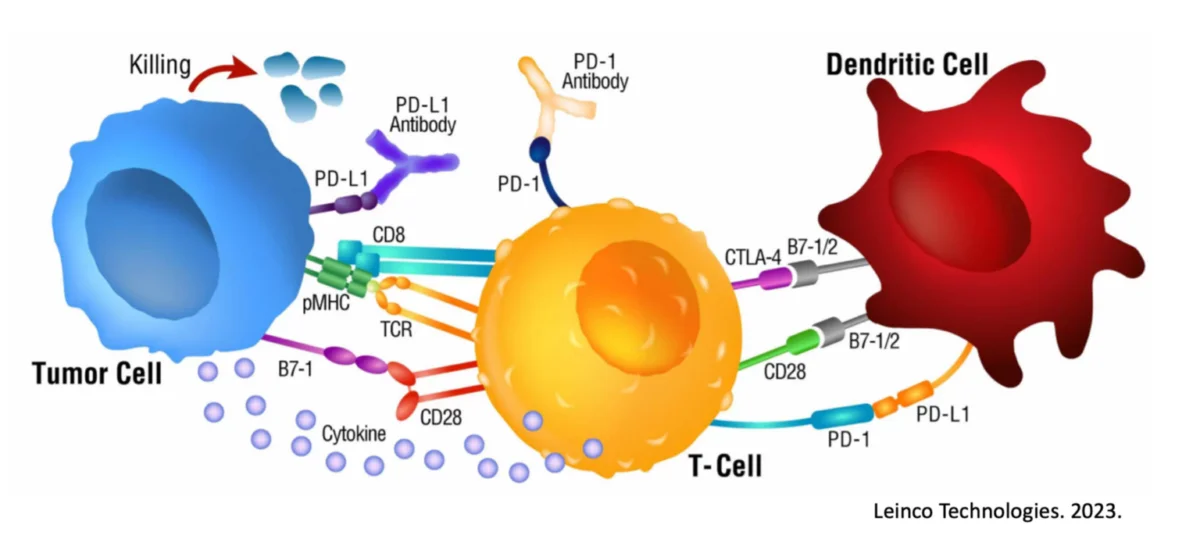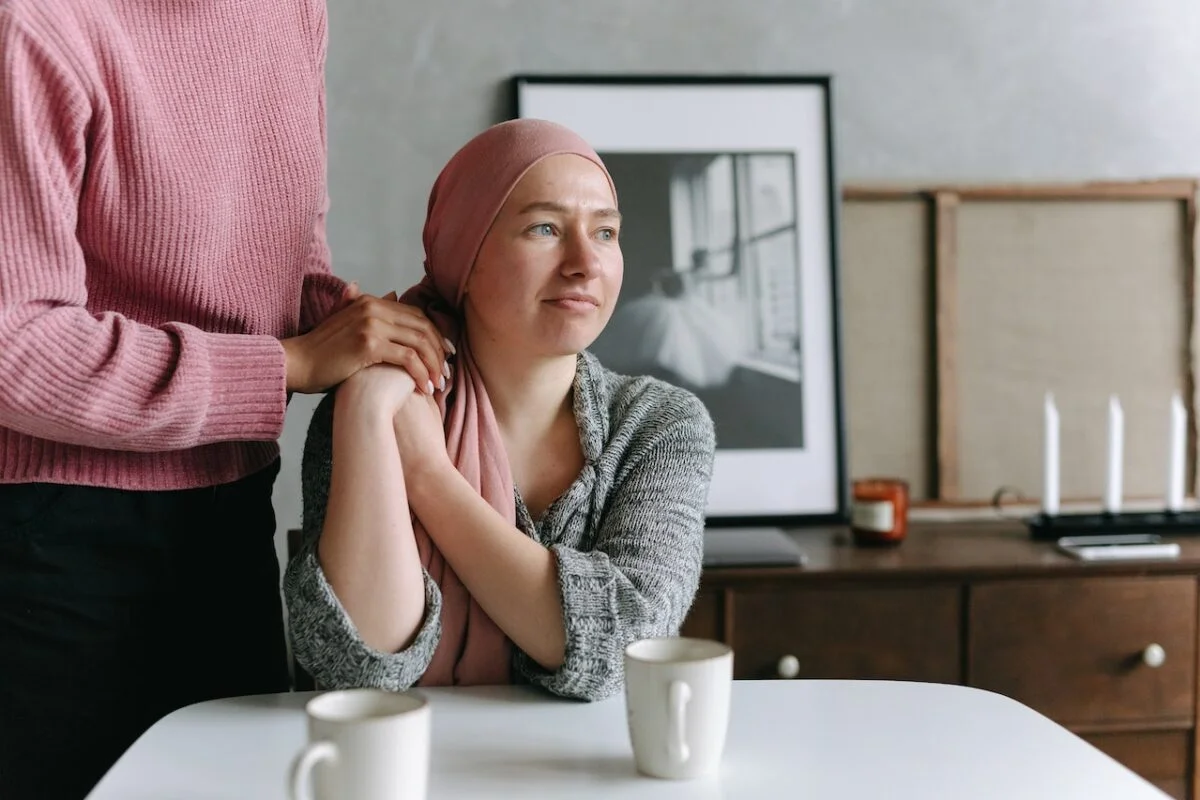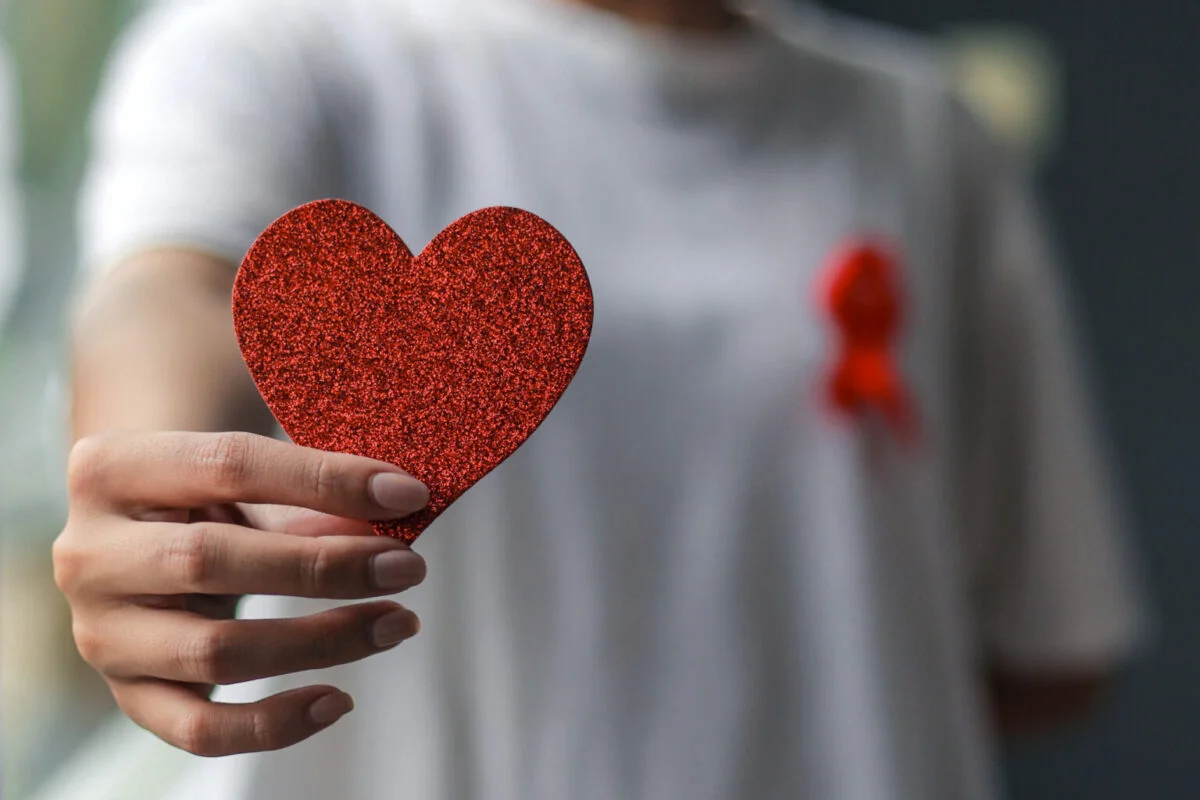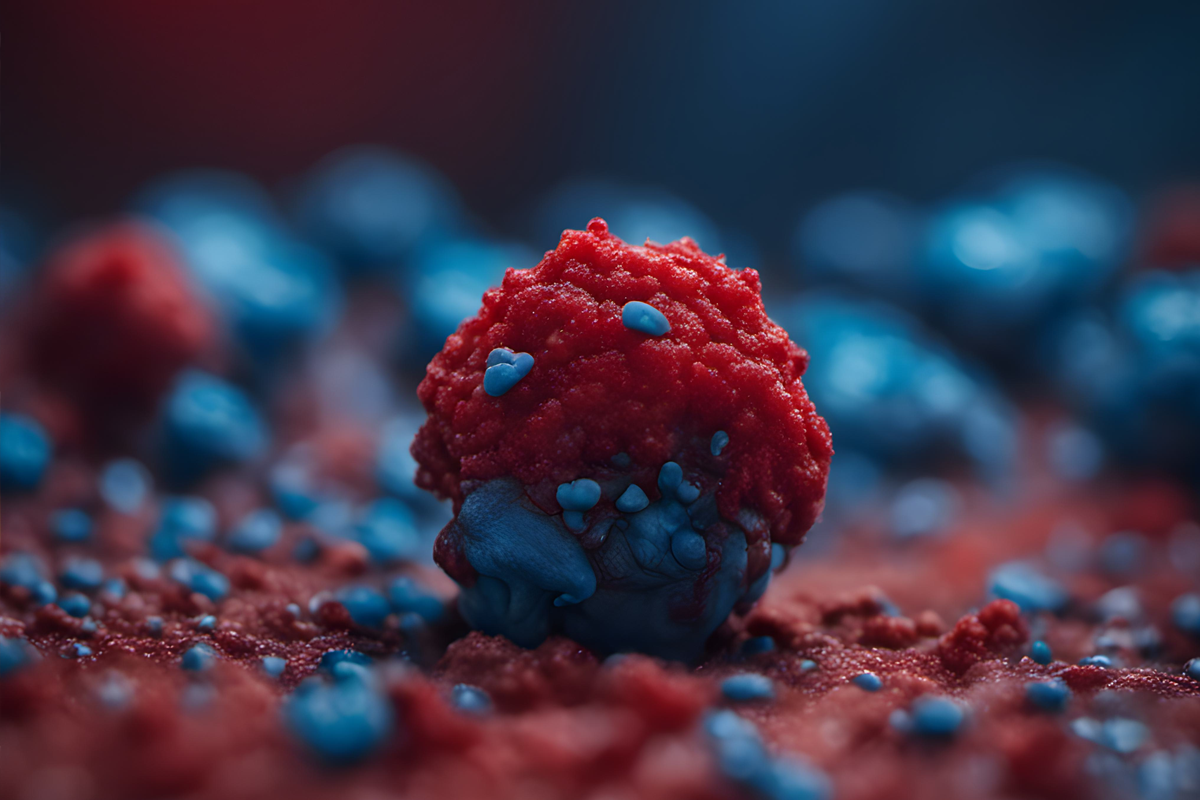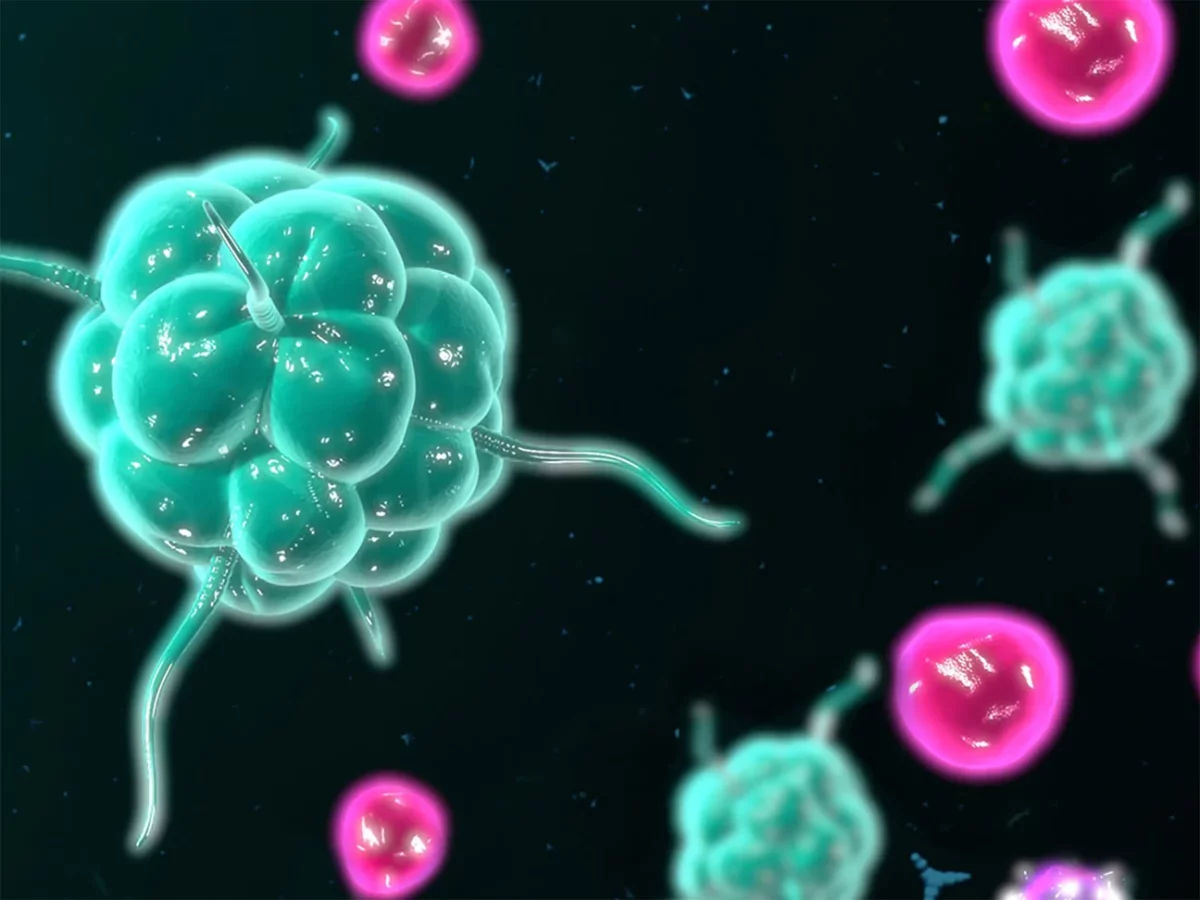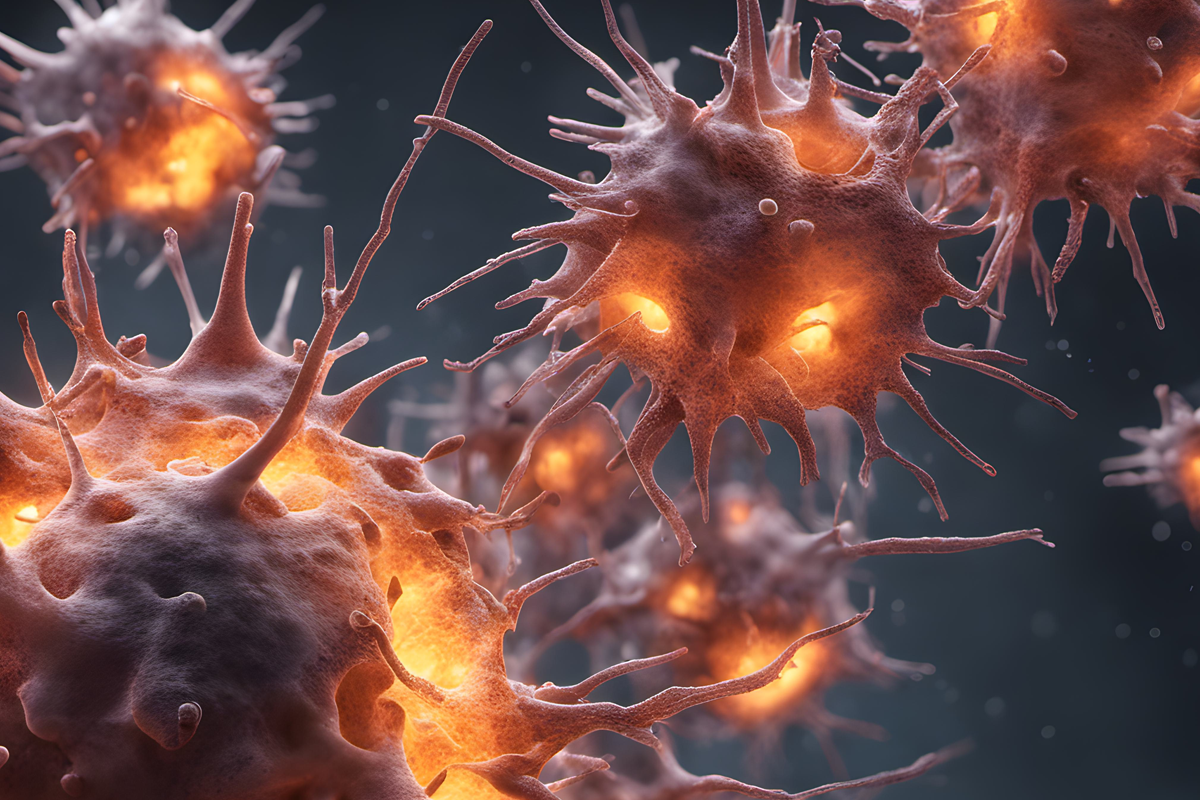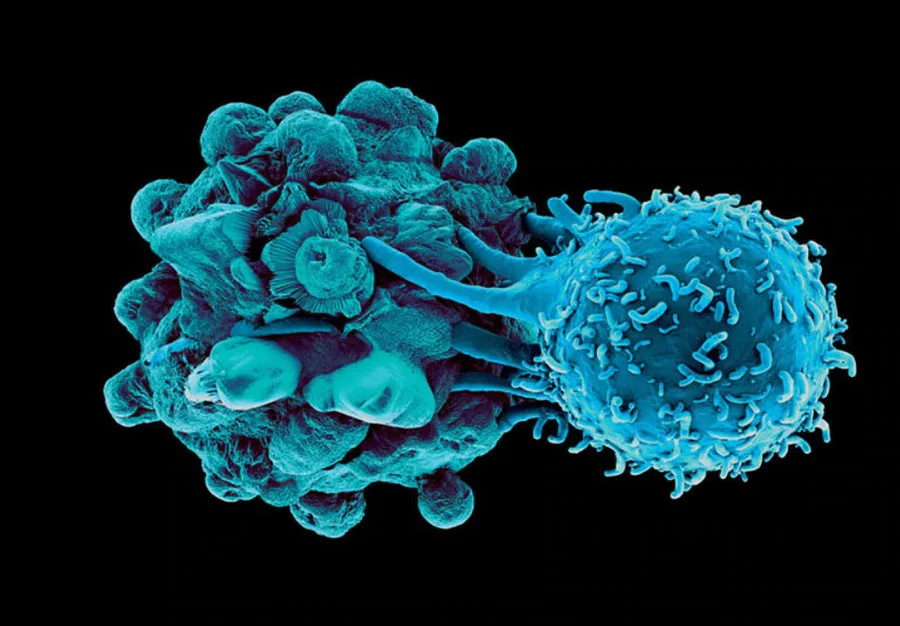Nourishing Hope: The Vital Role of Nutrition During Cancer Treatment
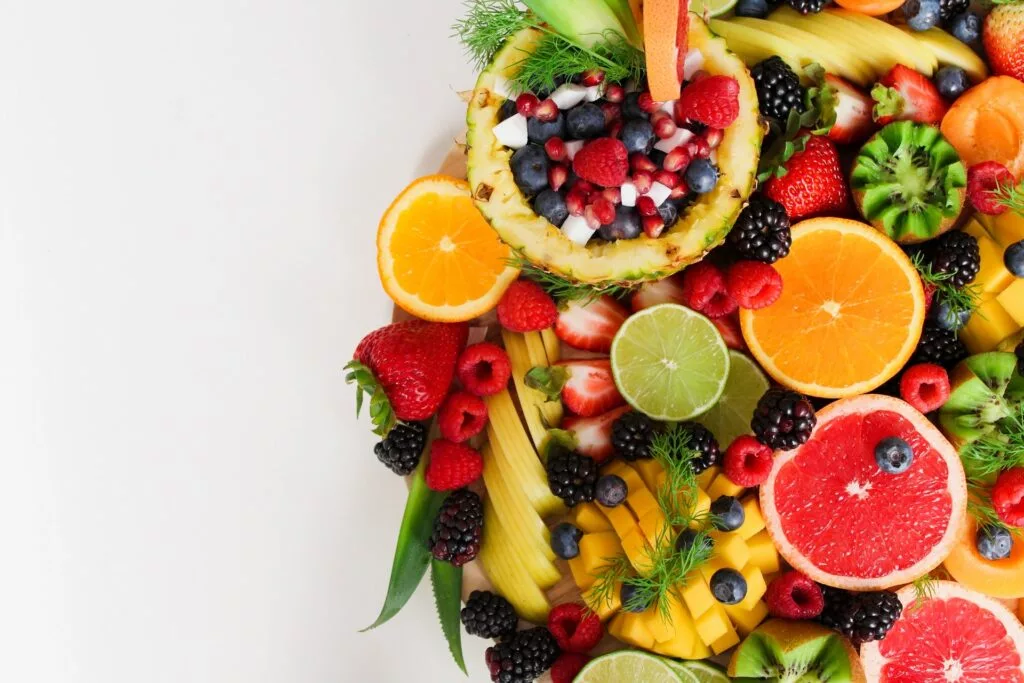
Cancer is a formidable opponent that affects millions of lives worldwide. While advancements in medical treatments, such as immunotherapy, have shown promise in combatting this disease, the importance of nutrition during cancer treatment cannot be overstated1. Many cancer patients often face calorie restriction, leading to a condition called cachexia, which weakens the body further2. Furthermore, during immunotherapy, the body requires more calories to support the immune system in its fight against cancer cells3.There are calorie-restrictive diets that have shown benefit to cancer patients undergoing therapy, but these require strict adherence and are not the focus here4.In this post, we will explore the significance of nutrition in cancer treatment, particularly during immunotherapy, and offer practical suggestions for supplementing the diet to overcome appetite challenges.
Understanding Calorie Restriction and Cachexia:
Calorie restriction, commonly experienced by cancer patients, is a result of various factors, including cancer-related symptoms, side effects of treatments like chemotherapy, and decreased appetite due to stress and anxiety. Prolonged calorie restriction can lead tocachexia5, a debilitating condition characterized by severe weight loss, muscle wasting, and fatigue. Cachexia not only compromises the body’s ability to respond to treatments but also diminishes the overall quality of life for the patient.
Immunotherapy’s Caloric Demands and the Role of Glucose:
Immunotherapy is a groundbreaking cancer treatment that stimulates the body’s immune system to recognize and attack cancer cells more effectively. However, this approach places additional demands on the body’s energy reserves. Immune cells require ample calories and nutrients to function optimally during the battle against cancer. But, here’s the catch–cancer cells tend to rely on glucose for their growth and survival, making it essential to avoid feeding them during immunotherapy.
For immune cells to carry out this crucial task effectively, they require an abundance of energy in the form of calories, along with essential nutrients like proteins, fats, vitamins, and minerals. Here’s how immune cells utilize these calories during cancer treatment:
1. Energy for Activation: Immune cells, particularly T cells and natural killer cells, need a substantial energy supply to become activated and initiate an immune response against cancer cells. Activation involves a series of complex signaling pathways that require ATP (adenosine triphosphate), the primary energy currency of cells, to fuel the necessary biochemical reactions6, 7.
2. Proliferation and Expansion: After activation, immune cells undergo rapid proliferation and expansion to increase their numbers and enhance their effectiveness in attacking cancer cells. This process, known as clonal expansion, demands a considerable amount of energy and raw materials derived from nutrients8, 9.
3. Target Recognition and Killing: Immune cells utilize various mechanisms to recognize and kill cancer cells. Cytotoxic T cells, for example, release toxic substances like perforin and granzymes to induce apoptosis (cell death) in cancer cells. These cytotoxic processes require energy to sustain their prolonged and intense activity10.
4. Memory and Longevity: Memory T cells play a crucial role in immunological memory, which allows the immune system to remember previous encounters with cancer cells and respond more rapidly and effectively upon re-exposure. The formation and maintenance of these memory cells also necessitate an on going energy supply11.
Fueling the Immune System with Nutrition:
During immunotherapy, the immune system’s success largely depends on having a well-nourished and balanced diet. The immune cells use a variety of nutrients to function efficiently and combat cancer cells. Proteins are crucial for building and repairing immune cells, while healthy fats aid in their membrane integrity and communication. Vitamins and minerals, such as vitamin C, zinc, and selenium, support immune cell function and antioxidant defenses12.
Finding the Right Sources of Calories:
For cancer patients struggling with a decreased appetite, it becomes challenging to meet their caloric requirements. However, there are several ways to supplement their diet and obtain essential calories without exacerbating cancer growth:
1. Nutrient-Dense Foods: Opt for nutrient-dense foods that provide a high amount of vitamins, minerals, and calories in smaller portions. Examples include avocados, nuts, seeds, and fortified smoothies.
2. Small, Frequent Meals: Instead of three large meals, opt for smaller, more frequent meals throughout the day to make eating less overwhelming.
3. Protein-Rich Foods: Include protein-rich foods like lean meats, fish, eggs, and legumes to support muscle mass and immune function.
4. Healthy Fats: Incorporate healthy fats from sources like olive oil, coconut oil, and fatty fish to provide sustained energy.
5. Caloric Beverages: Sip on high-calorie, nutrient-rich beverages such as smoothies, shakes, or homemade soups to increase calorie intake.
6. Consult a Dietician: Cancer patients should work with a registered dietitian experienced in oncology nutrition to create personalized meal plans and address specific dietary needs.
To avoid feeding cancer cells during immunotherapy, it’s essential to focus on calorie sources that won’t primarily rely on glucose metabolism13, 14. Glucose is a preferred energy source for cancer cells due to their altered metabolism, known as the Warburg effect15. Cancer cells have a higher dependence on glucose fermentation even in the presence of oxygen, allowing them to thrive in an environment with limited oxygen supply, known as hypoxia16. Thus, targeting glucose availability can potentially inhibit cancer cell growth.
Examples of Immune-Powering Foods That Won’t Feed Cancer:
1. Healthy Fats: Foods rich in healthy fats, such as avocados, olive oil, and fatty fish like salmon, are excellent sources of energy for immune cells. Fats provide a sustained and long-lasting energy supply without significantly impacting blood glucose levels17.
2. Amino Acids from Proteins: Immune cells heavily rely on amino acids to function optimally. Proteins from sources like lean meats, eggs, dairy, legumes, and nuts offer essential building blocks for immune cells and help maintain muscle mass during cancer treatment18.
3. Antioxidant-Rich Fruits and Vegetables: Colorful fruits and vegetables, such as berries, citrus fruits, spinach, kale, and broccoli, are abundant in vitamins (e.g., vitamin C) and antioxidants. These nutrients support immune function and protect immune cells from oxidative damage19.
4. Complex Carbohydrates: While glucose-rich simple carbohydrates should be minimized, complex carbohydrates like whole grains (e.g., brown rice, quinoa, wholewheat) provide a gradual release of glucose into the bloodstream and can serve as aless detrimental energy source20.
5. Herbal Teas and Spices: Certain herbal teas like green tea and spices like turmeric possess immune-boosting properties without providing significant glucose supply21.
Conclusion:
Nutrition plays a critical role in supporting cancer patients, especially during treatments like immunotherapy. Calorie restriction and cachexia are significant challenges that need to be addressed to enhance the effectiveness of cancer therapies and improve the patient’s overall well-being. By choosing the right nutrient-dense foods, focusing on essential nutrients, and seeking professional guidance from a dietitian, cancer patient scan bolster their immune system and increase their caloric intake, ultimately fueling hope for a healthier tomorrow.
References
1. Arends, J.et al.ESPEN expert group recommendations for action against cancer-related malnutrition. Clin Nutr 36,1187-1196 (2017).
2. Nishikawa, H.et al.Cancer Cachexia: Its Mechanism and Clinical Significance.Int J Mol Sci22(2021).
3. Lammersfeld, C. Nutrition for cancer patients: How to fuel your body for the fight. 2021[cited]Available from: https://www.cancercenter.com/community/blog/2021/02/nutrition-for-cancer-patients
4. Eriau, E., Paillet, J., Kroemer, G. & Pol, J.G. Metabolic Reprogramming by Reduced CalorieIntake or Pharmacological Caloric Restriction Mimetics for Improved Cancer Immunotherapy. Cancers (Basel) 13 (2021).
5. Wyart, E.et al.Cachexia, a Systemic Disease beyond Muscle Atrophy.Int J Mol Sci21(2020).
6. Delmastro-Greenwood, M.M. & Piganelli, J.D. Changing the energy of an immune response. Am J Clin Exp Immunol 2,30-54 (2013).
7. Silva-Vilches, C., Ring, S. & Mahnke, K. ATP and Its Metabolite Adenosine as Regulators of Dendritic Cell Activity. Front Immunol 9, 2581 (2018).
8. Taub, D.D.et al.Distinct energy requirements for human memory CD4 T-cell homeo static functions. FASEB J27,342-349 (2013).
9. Dimeloe, S., Burgener, A.V., Grahlert, J. & Hess, C. T-cell metabolism governing activation, proliferation and differentiation; a modular view. Immunology 150,35-44 (2017).
10. Rangel Rivera, G.O. et al. Fundamentals of T Cell Metabolism and Strategies to Enhance Cancer Immunotherapy. Front Immunol 12, 645242 (2021).
11. O’Sullivan, D. The metabolic spectrum of memory T cells. Immunol Cell Biol 97, 636-646(2019)
12. Yuen, R.C. & Tsao, S.Y. Embracing cancer immunotherapy with vital micronutrients. World J Clin Oncol 12, 712-724 (2021).
13. Epner, M., Yang, P., Wagner, R.W. & Cohen, L. Understanding the Link between Sugar and Cancer: An Examination of the Preclinical and Clinical Evidence. Cancers (Basel) 14 (2022).
14. Schwartsburd, P. Cancer-Induced Reprogramming of Host Glucose Metabolism: “Vicious Cycle” Supporting Cancer Progression. Front Oncol 9, 218 (2019).
15. Liberti, M.V. & Locasale, J.W. The Warburg Effect: How Does it Benefit Cancer Cells? Trends Biochem Sci 41, 211-218 (2016).
16. Muz, B., de la Puente, P., Azab, F. & Azab, A.K. The role of hypoxia in cancer progression, angiogenesis, metastasis, and resistance to therapy. Hypoxia (Auckl) 3, 83-92 (2015).
17. Prendeville, H. & Lynch, L. Diet, lipids, and antitumor immunity. Cell Mol Immunol 19, 432-444 (2022).
18. Calder, P.C. Foods to deliver immune-supporting nutrients. Curr Opin Food Sci 43,136-145 (2022).
19. Mut-Salud, N. et al. Antioxidant Intake and Antitumor Therapy: Toward Nutritional Recommendations for Optimal Results. Oxid Med Cell Longev 2016, 6719534 (2016).
20. Maino Vieytes, C.A., Taha, H.M., Burton-Obanla, A.A., Douglas, K.G. & Arthur, A.E.Carbohydrate Nutrition and the Risk of Cancer. Curr Nutr Rep 8, 230-239 (2019).
21. Isbill, J., Kandiah, J. & Kruzliakova, N. Opportunities for Health Promotion: Highlighting Herbs and Spices to Improve Immune Support and Well-being. Integr Med (Encinitas) 19, 30-42 (2020).
READ THIS NEXT
Could Curcumin Really Help Cure Cancer?
Cancer is a complex disease that affects millions of people worldwide. While conventional cancer treatments such as chemotherapy, radiation,
Read MoreEGCG and Green Tea Protect Anti-Tumor Immunity
Epigallocatechin gallate (EGCG) is the most abundant catechin in green tea, and one of the most studied polyphenols across the world1.&
Read MoreBoosting Immunotherapy with Dietary Fiber
Of the 1.9 million cancer patients in 2021, 600,000 received immunotherapy, a remarkable number given the FDA approved the first cancer immu
Read More
